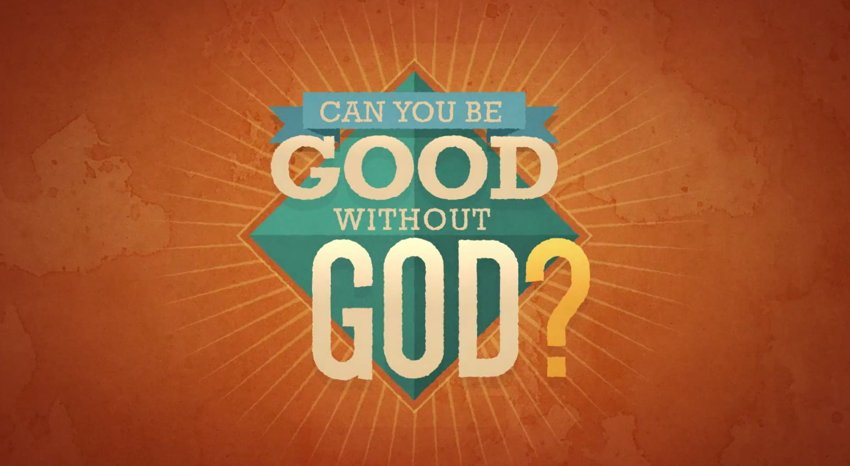I’ve written before about William Lane Craig, whom I consider the sharpest Christian apologist today, especially when engaging atheists and agnostics. The Evangelical philosopher travels around the country giving workshops and lectures. He’s probably best known for his public debates with well-known skeptics. (You can watch many of them on his excellent Reasonable Faith website.)
Craig previously released a short video explaining the kalam cosmological argument for God. But just today, he and his team released a new video, this one on the moral argument for God’s existence. In the video, he makes a very important distinction. The moral argument doesn’t claim people need to believe in God to be good (which is why our atheist friends and family members can live morally praiseworthy lives, as many do.) However, they cannot be objectively good without God himself existing.
Craig has often said that the moral argument he outlines in the video resonates with non-Christians more than any other argument he presents. This is because most people recognize that certain acts, like torturing babies for fun or murdering innocent people, are objectively wrong—that is, they are wrong for all people at all times, regardless of human opinion or whether the culture recognizes them as wrong. However, if there is such a thing as objective morality, we must ask, where does it come from? On what is it grounded? These sorts of questions ultimately lead to an objective source of morality, which transcends culture, subjective opinion, and the physical world, a moral ground which theists call “God”.
Enjoy the well-produced video and be sure to share it with skeptical friends and family members:
[youtube id=”OxiAikEk2vU”]
PS. One of the atheists quoted in video is Michael Ruse, a philosophy professor at Florida State University, my alma mater. Michael is probably my favorite atheist writer and I recently interviewed him at StrangeNotions.com about atheism, philosophy, and science.


